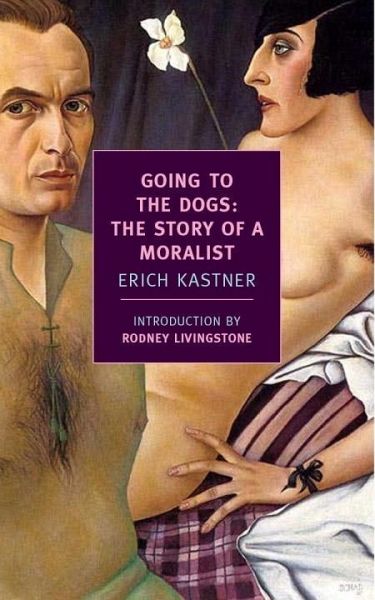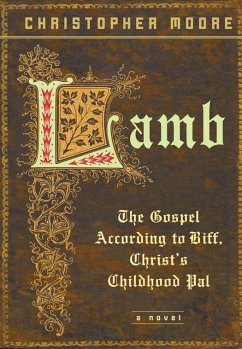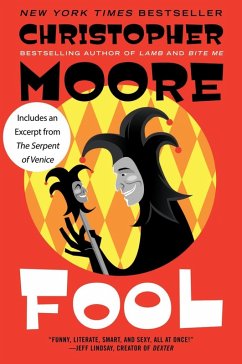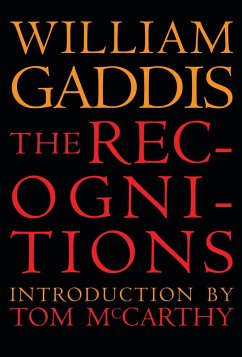
Going to the Dogs (eBook, ePUB)
The Story of a Moralist
Übersetzer: Brooks, Cyrus

PAYBACK Punkte
5 °P sammeln!
Going to the Dogs is set in Berlin after the crash of 1929 and before the Nazi takeover, years of rising unemployment and financial collapse. The moralist in question is Jakob Fabian, "aged thirty-two, profession variable, at present advertising copywriter . . . weak heart, brown hair," a young man with an excellent education but permanently condemned to a low-paid job without security in the short or the long run. What's to be done? Fabian and friends make the best of it-they go to work though they may be laid off at any time, and in the evenings they go to the cabarets and try to make it wit...
Going to the Dogs is set in Berlin after the crash of 1929 and before the Nazi takeover, years of rising unemployment and financial collapse. The moralist in question is Jakob Fabian, "aged thirty-two, profession variable, at present advertising copywriter . . . weak heart, brown hair," a young man with an excellent education but permanently condemned to a low-paid job without security in the short or the long run. What's to be done? Fabian and friends make the best of it-they go to work though they may be laid off at any time, and in the evenings they go to the cabarets and try to make it with girls on the make, all the while making a lot of sharp-sighted and sharp-witted observations about politics, life, and love, or what may be. Not that it makes a difference. Workers keep losing work to new technologies while businessmen keep busy making money, and everyone who can goes out to dance clubs and sex clubs or engages in marathon bicycle events, since so long as there's hope of running into the right person or (even) doing the right thing, well-why stop? Going to the Dogs, in the words of introducer Rodney Livingstone, "brilliantly renders with tangible immediacy the last frenetic years [in Germany] before 1933." It is a book for our time too.
Dieser Download kann aus rechtlichen Gründen nur mit Rechnungsadresse in A, B, BG, CY, CZ, D, DK, EW, E, FIN, F, GR, HR, H, IRL, I, LT, L, LR, M, NL, PL, P, R, S, SLO, SK ausgeliefert werden.













